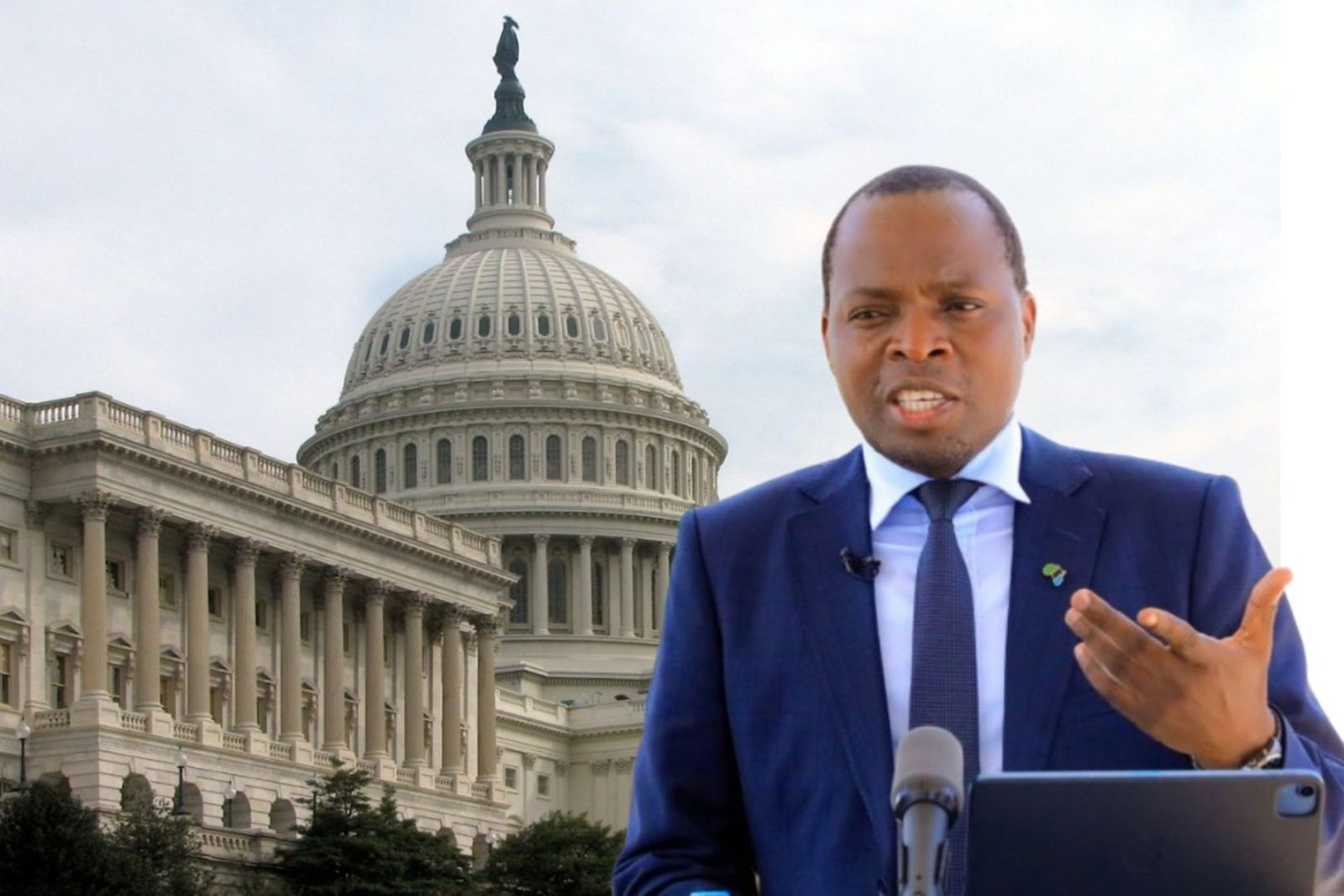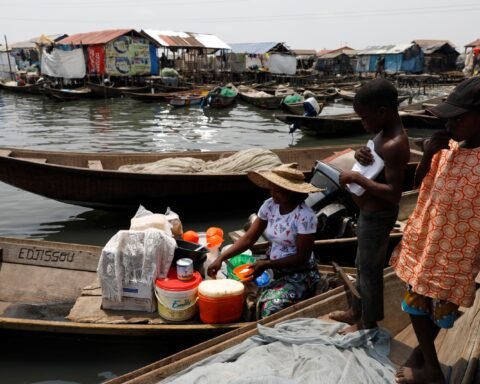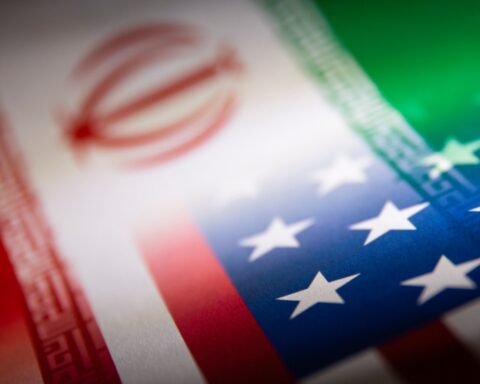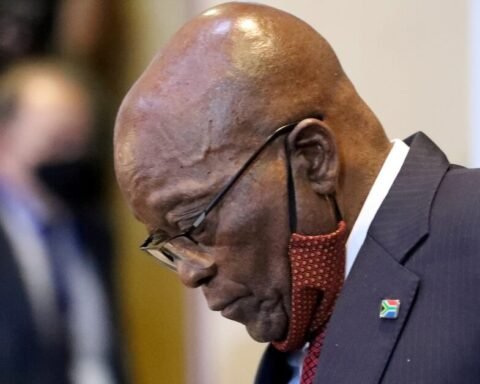The Government of Tanzania has confirmed that it is actively engaging in diplomatic talks with the United States following reports that Tanzanian citizens may soon face travel restrictions to the U.S.
if immigration concerns raised by Washington are not resolved.
In a statement issued earlier this week, Gerson Msigwa, Government Spokesperson and Permanent Secretary at the Ministry of Information, Culture, Arts and Sports, said Tanzania’s Ministry of Foreign Affairs has opened direct channels of communication with U.S. authorities to address issues that could affect the mobility of its citizens.
“The Government of Tanzania has already begun consultations with our counterparts in the United States to identify any areas requiring urgent attention, so that our country is not included on the list of nations whose citizens may be restricted from entering the U.S.,” said Msigwa.
Although U.S. officials have not publicly detailed the specific concerns related to Tanzania, internal diplomatic memos cited by media outlets including Reuters and The Washington Post suggest that 36 countries, including Tanzania, Uganda, Nigeria, Ghana, and Ethiopia, are under review as part of a broader immigration policy overhaul initiated under President Donald Trump’s administration.
The proposed measures, according to reports, could include partial or full travel bans, delays in visa processing, or enhanced scrutiny at U.S. ports of entry.
Concerns from the U.S. typically focus on four main areas:
- Issuance of secure passports and travel documents
- High rates of visa overstays by Tanzanian nationals in the U.S.
- Lack of cooperation in accepting deportees and repatriated citizens
- Weaknesses in data sharing on national security and criminal matters
This isn’t the first time Tanzania has faced such scrutiny. In 2020, the country was among several African nations flagged for non-compliance with U.S. visa policy under Trump’s first administration, although no formal ban was enacted at that time.
Also Read; Israel Eliminates Iran’s New Military Commander
Now, with a new executive order signed in May 2025, Washington appears poised to take tougher action. The directive reportedly gives affected countries 60 days to demonstrate compliance or risk sanctions on travel and immigration privileges.
For Tanzanians, the potential impact is significant. The U.S. remains one of the most popular destinations for Tanzanian students, tourists, professionals, and families seeking reunification. A travel restriction could disrupt plans for higher education, medical treatment, and business ventures—many of which rely on U.S. visas such as F-1, B-1/B-2, and work permits.
In the private sector, tourism operators and education consultants have voiced concern. “The U.S. is a key market for us,” said a travel agent in Dar es Salaam. “Any restriction, even temporary, could affect the image of Tanzania as a safe and cooperative nation.”
Government officials, however, are optimistic that dialogue will yield solutions. Msigwa emphasized that Tanzania remains committed to upholding international security standards and maintaining friendly relations with all nations.
“We are determined to ensure Tanzanians are not unjustly penalized, and that our diplomatic ties with the United States remain strong,” he added.
Negotiations are expected to continue over the coming weeks as the 60-day review window approaches. The Ministry of Foreign Affairs has not confirmed whether a Tanzanian delegation will visit Washington, but sources suggest high-level discussions are already underway through diplomatic channels.







